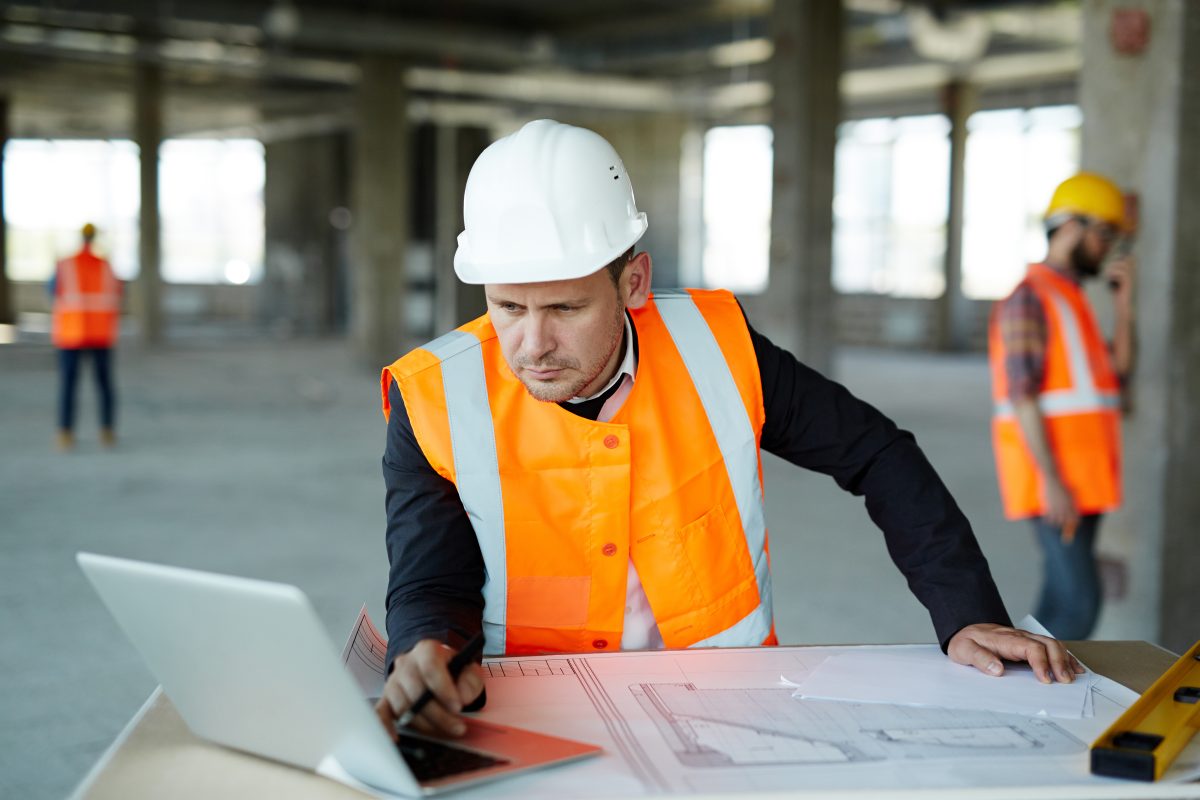Work in the construction industry is physically and psychologically demanding. This job differs from the standard office job in that it typically has more challenges and unusual working conditions. A construction worker’s role may seem straightforward; however, there’s more to it than just swinging hammers. From maneuvering tight spaces and working at dangerous heights to operating heavy equipment in extreme weather conditions, every day of construction work presents a unique challenge. Here are five things you need to know if you work in the construction business.
1. You Need to Be Physically Fit and Resilient
As a construction worker, you must be physically fit and resilient. Given how physically demanding construction work is, it should come as no surprise that these two skills are crucial. If you can’t accomplish physically demanding tasks, then you might want to consider another career or profession. Yes, you could still possess other valuable talents and skills that make you a valued team member. However, you need to work on your stamina and physical strength to improve your chances of being successful in the field.
2. You Must Understand All Construction Safety Rules
Construction sites present hazards at every corner. That’s why you must abide by the safety guidelines that have been set for you. Failing to follow these rules can result in severe injuries or even fatalities. For example, you need to know how to properly enter, exit, and operate the equipment.
A forklift overturning accounts for 24% of all forklift accidents. You should also know what personal protective equipment is appropriate for each job you’re assigned to. If your role involves climbing ladders or stairs, you must also have a comprehensive understanding of additional safety measures, such as using a safety harness.
You also need to be careful when operating construction trucks. This is because you may file a lawsuit for an automobile accident in Missouri even if it was partially your fault. Lastly, when working with large machinery in crowded areas, everyone on the ground should stay off the operating area. As a construction worker, it’s your duty to uphold all safety regulations to protect both you and other site visitors.
You should also know how to deal with chemicals. The EPA has a list of 140 chemicals whose owners must submit a ‘risk management plan’ to federal authorities if they’re stored in large amounts.
3. You Need Good Communication Skills
One of the most crucial skills for construction workers is communication. Ineffective communication is the cause of more than 48% of construction reworks. One must be able to effectively communicate decisions, instructions, and questions to a team on the job site. You must also be able to write documents, emails, and reports.
Possessing this skill as a construction worker guarantees you a longer and more successful career. But what communication skills should you possess? You should be able to listen to and follow instructions, in addition to having good writing and spoken communication skills.
4. Be Ready To Learn
New tools, methods, procedures, and technologies are released every other day to make a construction worker’s job simpler and more economical. A worker who’s eager to pick up new skills and who keeps abreast of cutting-edge techniques will always be one step ahead of the competition. Additionally, if you take the initiative to discover new methods of completing tasks, you’ll be better equipped to lead other team members, which is an important skill to have.
5. You Need Problem-Solving and Decision-Making Skills
While good physical health is crucial, having good decision-making skills is just as important. Decision-making and problem-solving skills are extremely handy when you’re stuck on a project and are unsure of how to approach it. Lacking these skills can result in costly mistakes.
Even if you lack experience or formal training, the construction business is a great sector to break into. There are many opportunities for education and training, besides a plethora of certification programs that cater to developing the skills needed in the construction business.



